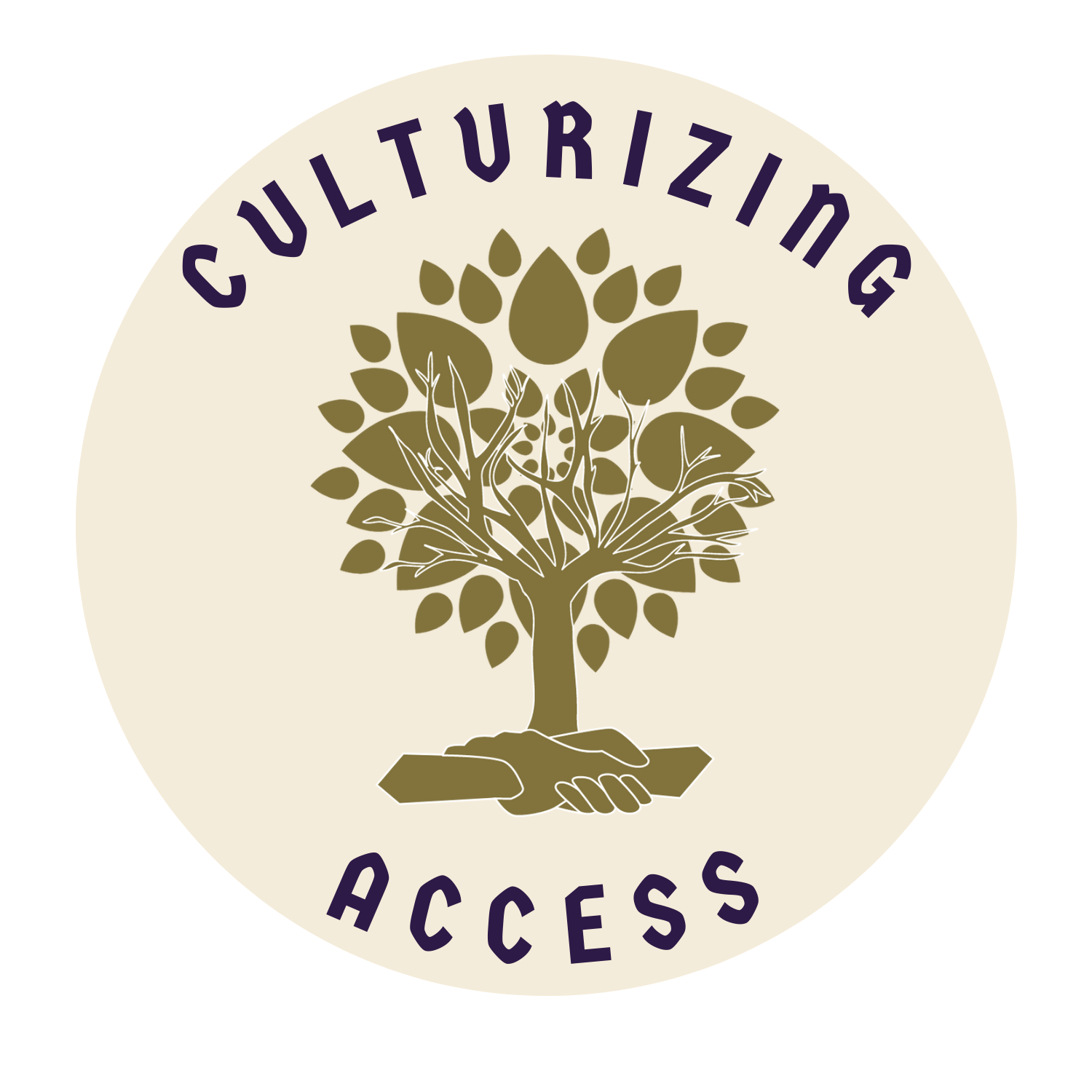Empowering Future Healthcare Providers with Language Access and Cultural Competency Skills
Specialized training programs designed for health professions students to improve communication, enhance patient outcomes, and prepare for a diverse healthcare environment.

Healthcare today requires more than clinical expertise; it demands culturally competent communication to address the diverse needs of patients. Our training programs equip medical, nursing, public health, dental, health administration, and health policy students with essential language access and cultural competency skills. These skills improve patient care and prepare students to meet the demands of an increasingly multicultural healthcare workforce.

Why Language Access and Cultural Competence Training Matters
Language access and cultural competency are no longer optional but critical components of modern healthcare education.
-
- Legal and Regulatory Compliance: Training aligns with ACA Section 1557, ensuring institutions meet DEI and language access standards.
- Enhanced Career Readiness: Graduates trained in cultural and linguistic competencies stand out in competitive job markets.
- Improved Patient Outcomes: Providers trained in these areas reduce medical errors and enhance patient satisfaction.
Why Do You Need Language Access Training?
Mastering language access and cultural competence is essential for future healthcare professionals. Research shows that medical students who are trained in these areas are better equipped to enhance patient outcomes and satisfaction, especially within Limited English Proficiency (LEP) communities. By participating in our program, you’ll gain invaluable skills in working effectively with interpreters and navigating multicultural communication.
Our training is not just about meeting requirements but about becoming a more effective and empathetic healthcare provider. Join us to build a foundation of knowledge that will set you apart in your medical career and help you deliver the highest quality of care to all patients, regardless of their language or cultural background.
The Impact of Culturally Competent Healthcare

Enhanced Patient Outcomes: Culturally sensitive communication leads to higher patient satisfaction and adherence to medical advice, particularly in LEP communities.
Reduction in Medical Errors: Language access and multicultural communication training significantly reduces medical errors caused by language barriers and misunderstandings.
Improved Healthcare Access: Inclusive communication breaks down barriers, ensuring equal healthcare access for all patients.
Building Patient Trust: Trust, vital in healthcare, is built faster when providers respect language and culture, strengthening patient-provider relationships.
Language Access Training

Language Access Fundamentals

The Hispanic Patient: Understanding Cultural Needs and Barriers

Working with Interpreters in Healthcare Settings

Building Trust with LEP Patients

Spanish for Healthcare Professionals
Why Choose Us?
- Industry Expertise: Over a decade of experience in healthcare language access and training.
- Customizable Options: Programs tailored to fit institutional needs and objectives, including self-paced online and live hybrid or in-person sessions.
- Proven Results: Graduates trained in our programs report increased confidence and improved outcomes in diverse healthcare environments.
Key Benefits
- Interactive, scenario-based trainings designed to simulate real-world healthcare settings.
- Flexibility for busy student schedules.
- Evidence-based content tailored to healthcare settings.
- Ideal for fulfilling DEI and cultural competency requirements.
Testimonials
Ready to prepare your students for the future of healthcare?
Explore our flexible training options and transform how your students learn about language access and cultural competency.

Frequently Asked Questions
(FAQ)
Why should my organization improve communication with LEP communities?
There are over 16 million individuals with Limited English-proficiency in the US, and they live in every state. LEP communities report longer waits, less access to services, lower quality of services, and suffer from more severe communication errors. Providing quality language services with cultural competence breaks language barriers and reduces disparities.
Why should I start with language needs and capacity assessment?
You first need to know where and where you need to be. For this, we recommend an assessment that will review the LEP and Latino community in your service area and see what resources you currently have and need to implement. Stand out from the competition with efficient language services that will make you the number one choice for LEP clients!
How do I know if your packages are a good fit for my business?
Let’s talk! Set up a meeting with me on Calendly so I can better understand your exact needs, budget, and deadline. From there, we can determine what services are a good fit for your business needs. Schedule a call with me by clicking here.
Why is language access training essential for healthcare students?
Language access training prepares students to work with diverse patient populations, reduces medical errors, and aligns with DEI and ACA Section 1557 standards.
What makes your training programs unique?
Our programs are developed by industry experts, based on real-world scenarios, and tailored to the needs of students in the health profession.
Can the training be customized for specific programs?
Yes, we work closely with universities to align training with their curriculum and accreditation requirements.
Are these courses suitable for fulfilling DEI requirements?
Absolutely! Our courses are designed to meet and exceed diversity, equity, and inclusion standards.
Do students receive certificates upon completion?
Yes, students who complete our self-paced modules receive certificates, which they can include in their academic and professional portfolios.
What is the cost of your programs?
Pricing depends on the number of participants and delivery method (self-paced, workshops, or guest speaking). Contact us for a tailored quote.
How are your programs delivered?
Programs are available online (self-paced), hybrid, or in-person based on institutional needs and preferences.
What kind of support is provided to institutions during implementation?
We offer technical support, onboarding sessions, and detailed guides to ensure a smooth implementation process.
Can these programs integrate with our existing LMS?
At this time, our courses are provided only in our LMS platform.


